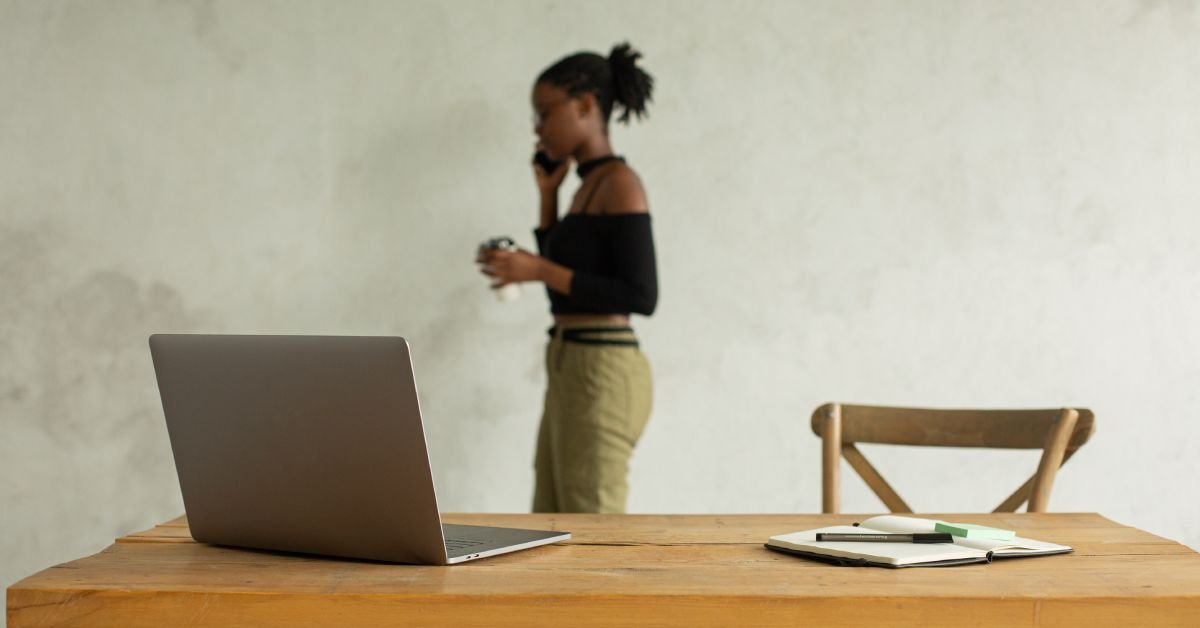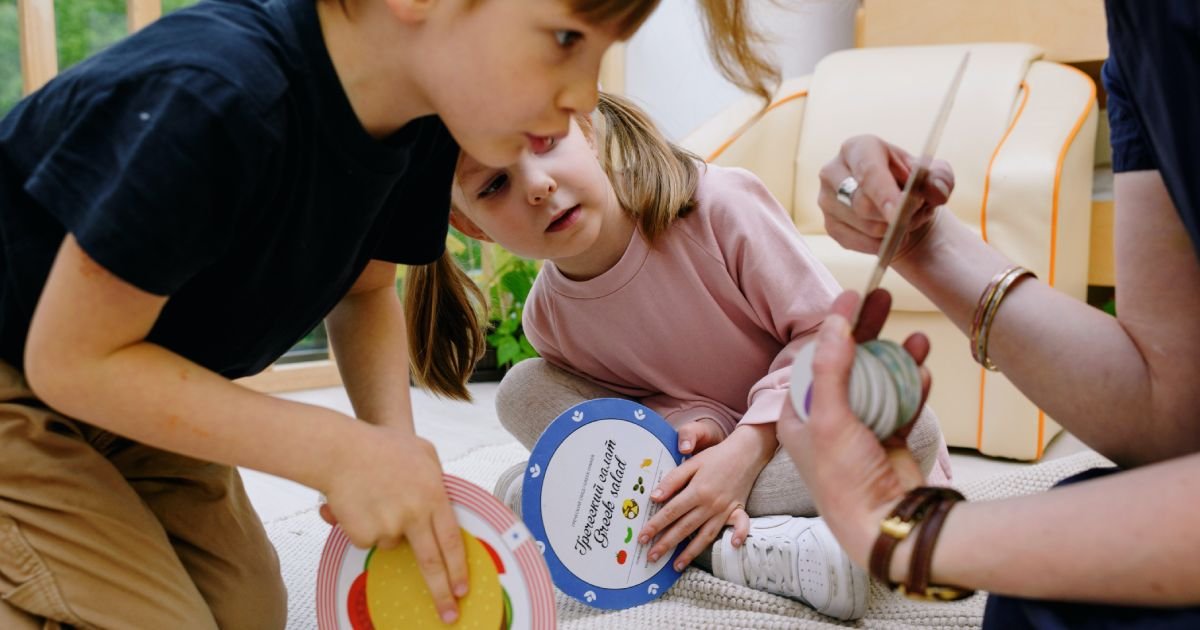Getting organised with personal belongings is a tough ask for me, however, being disciplined and managing money comes easy. Planning around your finances not only helps you manage the future better, but it can also, add a sense of calm to your daily life. This is because, while managing money well, you will realise that you are in control; control of your future and your present.
This awareness then creates a sense of discretion and abandon, which allows you the choice to lead the rest of the day in a suitable manner.
It doesn’t mean that you don’t have to get to work or you needn’t wake up and workout, rather it’s about freeing the mind from money anxieties that can otherwise take over if your financial life is in clutter.
What do I do, to manage my finances and can you do the same? Perhaps not. Each of our money lives is unique and trying to emulate someone else’s process, may not really work for you. What we can talk about is a process, an approach that can help you channelise your daily energy towards financial matters too in a simple yet thought though manner.
Record keeping
Have a way of knowing how much you spend. When you bring awareness to your spending habits, you will automatically activate your saving habit. This awareness can come from tracking all your spending, big and small, on a daily basis. You can track your spending on an app from your mobile app store or on an excel sheet or a simple notepad with a pen. Whichever way you choose to keep a record, remember to update it at a frequency that is quick rather than delayed.
Also, keep a record of the amounts and purpose of the spending. For example, you may have shopped on Amazon, just writing Amazon – Rs 500 will not help. What did you buy? Was it for yourself or a gift? These are the details you need to make room for.
Record keeping builds awareness of where your money is being spent and where it’s being overspent, your non-negotiable spends and the wasteful expenditure.
This will help you plan better and it will help you make more efficient spending choices too.
Mode of spending
Another effective way to plan better with your money is to use specific modes of payment for specific expenditures. For example, you can choose a particular bank account for all your grocery spending, either use only that for your online payments or remove cash from that account and keep it separate in an envelope marked ‘groceries’. This is a way to limit spending and control where your money goes. Some may choose to use their credit card only for groceries, which can also make tracking easy. Others may choose to use their credit card only for spending which are beyond basic needs, this can help them track discretionary spending to know where one can cut back when the need arises.
An easy way is, to divide your spending into needs, wants and must-dos. The must-dos include items like school fees, EMIs and so on. Earmark the bank account where each spends in these categories will come from and stick to using only that. If you have only one bank account then separating the mode of payment can help you track this better. You may choose to use a credit card for one of the categories, then stick to that only, so that when it comes to repaying you know how much to broadly expect as the bill. This will also allow you to understand the monthly spending within the three different categories.
Automate investing
Saving is step one and then investing follows. What if both can happen in one step? It’s as simple as starting a systematic investment plan (SIP) so that your saving turns to investment as soon as possible. You can structure the SIPs such that the dates are around the time you get your salary or monthly inflows. In this way, your investment has happened even before you start spending your salary.
You won’t feel the need to spend what is already out of your account. Here you are not only managing your present financial life but also planning for your future.
Planning your finances is not hard, it may seem like a daunting task to take on these three changes, but there is a way to manage this as well. Start with just one small aspect of each. For example, start by keeping a record only of how much you spend on buying snacks outside, like coffee shops and street vendors. Ensure that all the spending you do in this category is through one specific bank account, UPI account or credit card. Lastly, automate a Rs 500 investment made at the start of every month as your future snacks investment, to be used for eating spent on holidays or birthdays or sometime in the future. Do this for three months or 90 days.
When you see that you can actually plan one type of spending, you will realise that you can plan for all kinds of spending. Moreover, doing this action repeatedly for 90 days will help you create a habit that can last for a lifetime.
Start with something small and then apply the process to all aspects of your money life.
Start making a habit out of planning your finances, the rest will follow.







0 Comments